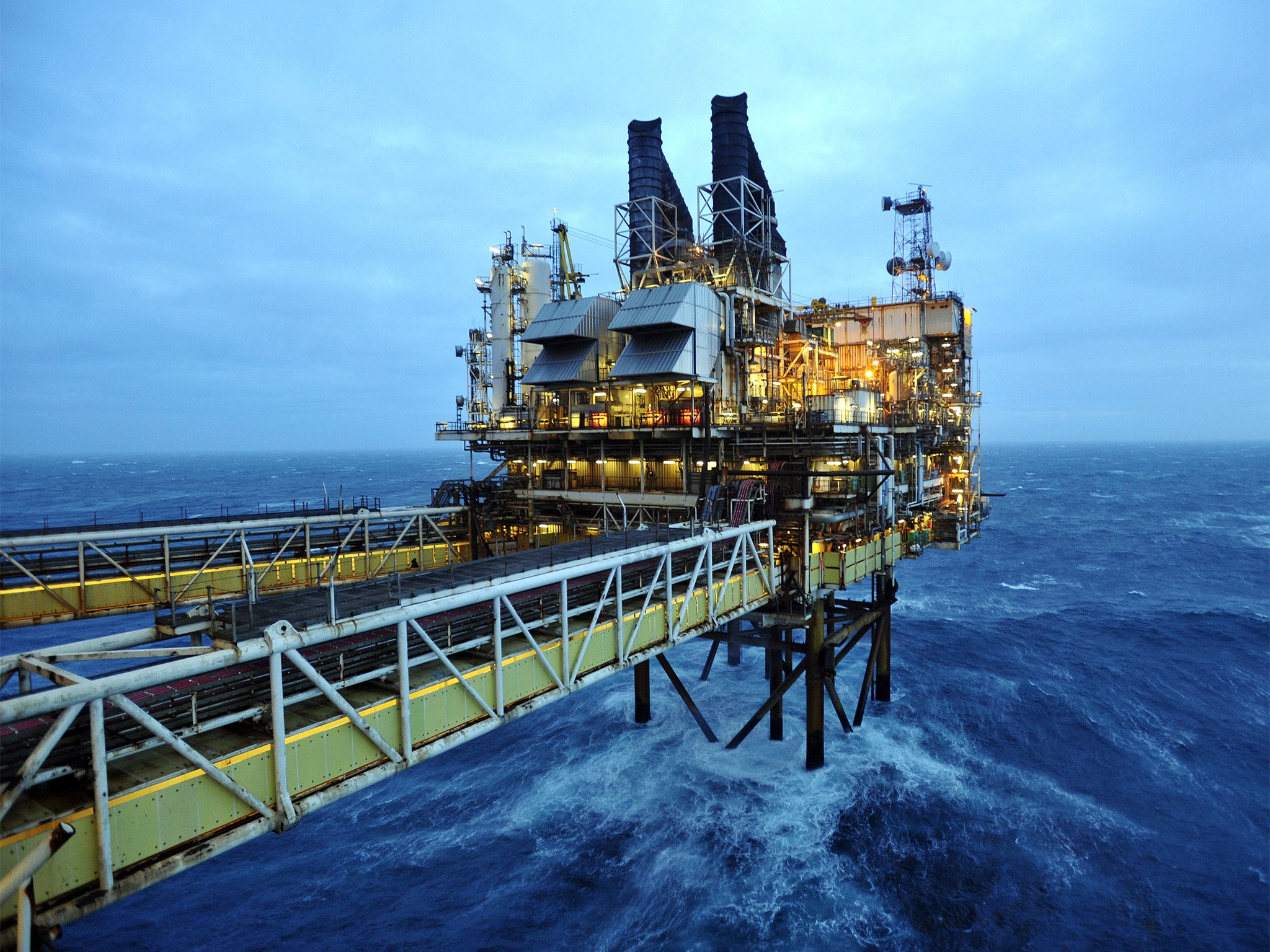Tips on how to catch a falling knife
Russia is in trouble, Greece's future hangs by a thread and oil is tanking. Yet could now be a good time to buy into these markets?

It’s an investor’s dream to buy at the bottom and sell at the top. But when is the bottom reached? There could be massive opportunities in Russia right now for brave investors, after its already teetering economy hit what looks like rock bottom. Meanwhile, oil prices are at a six-year low. Surely they’ll bounce back soon? Or what about Greece? The weekend’s shock election result marks a turning point for the country, but will that mean a period of strong growth that investors can profit from?
Backing such hunches is a dangerous game, warns Adrian Lowcock, head of investments at AXA Wealth. “Investors should always keep in mind the warning ‘never try to catch a falling knife’,” he advises. “It is better to wait for an asset to stop falling, instead of trying to predict the bottom as you will inevitably be wrong and could lose money quickly as the investment continues its fall.”
Wise words. But that doesn’t mean you shouldn’t seek out potential opportunities. After all, the upside could make the gamble worth the risk. “Markets can remain unloved for long periods but for a savvy investor that presents an opportunity to buy something on the cheap,” says Mr Lowcock. But before making any move it’s essential to understand the risk you face.
Of the three major falling knives – Russia, oil and Greece – which looks like offering the best chance to rebound? Oil, says Juliet Schooling Latter, research director at Chelsea Financial Services: “Oil is definitely cheap and although the price could fall even lower in the short term, I’m a lot more optimistic about it longer term.” In fact, she’s thinking of buying into the Guinness Global Energy fund with some of her remaining Isa allowance to take advantage of a bounce-back.
Sebastien Lagarde, manager of the AXA World Fund Framlington Junior Energy fund is also positive. “I think the low oil price can’t last for too long as producers are massively reducing their investments, meaning lower production in future,” he says. “The potential for a strong rebound… in the medium term is therefore huge. The key question is when?”
Dominic Rossi, global chief investment officer, equities, at Fidelity, says: “The collapse in oil and commodity prices more generally implies a redistribution of wealth from commodity-producing to commodity-consuming countries. Therefore we should consider this to be a material tax cut for both the US and European economies. Equity markets will soon refocus their attention on the benefits of falling oil prices.”
Darius McDermott, head of FundCalibre, thinks funds with exposure to the consumer may benefit. “One such is Elite-rated Artemis UK Special Situations,” he says.
When it comes to Greece, investment experts’ view is less positive. “I’m wary of Greek bonds,” admits Ms Schooling Latter. “The only certainty is that there will be more volatility and it’s only a matter of time until their next crisis. I suspect they will stay in the euro for the time being; but in the long term, how realistic is it to have them competing on the same playing field with the likes of Germany?”
Maria Paola Toschi, global market strategist at JP Morgan, says: “The biggest potential losers from the Greek election will be those that hold Greek assets. Crucial to the outlook for investors is that the region is much stronger than it was back in 2012 – the last time investors were subject to the uncertainty of Greek elections.”
But Rob Burnett, head of European equities at Neptune, says patience could pay. “The instant reaction to the Greek election result will likely be negative or equities, but this ought to prove a long-term buying opportunity for the patient investor.”
The outlook for Russia? Not positive at all among experts. Its credit rating has been officially downgraded by Standard & Poor’s to “junk”, which means investors are likely to be getting rid of Russian bonds rather than looking to buy.
Ms Schooling Latter says she’s steering clear: “Russia is cheap for a reason. The rouble has plummeted by more than a third, inflation is around 13 per cent and emergency interest rates are now 17 per cent. The market may rebound when the oil price recovers but I’m wary of both [Vladimir] Putin and the operating environment for companies.”
Jason Pidcock, manager of the Newton Emerging Markets Income fund, also relates the fortunes of the area to the oil price. “Russia is in a vulnerable position because they expected oil and gas revenues to be much higher. The country is on the brink of political, economic and territorial collapse – they have burnt through billions in foreign reserves and are going through a huge brain drain. You would only want to invest in Russia if the oil price is going to surge quickly, and soon.”
Subscribe to Independent Premium to bookmark this article
Want to bookmark your favourite articles and stories to read or reference later? Start your Independent Premium subscription today.

Join our commenting forum
Join thought-provoking conversations, follow other Independent readers and see their replies